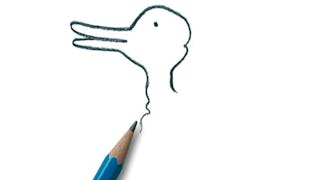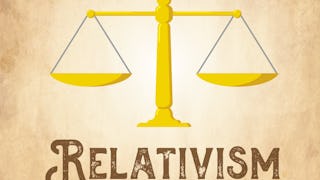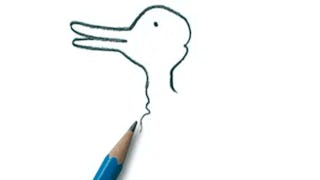Skepticism is about doubt, and doubt is everywhere in the world around us today. There are doubts about whether man-made climate change is real, whether vaccinations are harmful, whether we can trust our politicians or our media, and so on. When is such skepticism warranted, and when does it stray into unreasonable territory? How widespread can such skepticism get while still being coherent? How might a radical skepticism have pernicious social consequences, such as by leading to relativism (and just what is relativism, and what is problematic about it)?


Skepticism

Instructor: Professor Duncan Pritchard
Access provided by RIA PAYMENT INSTITUTION
12,264 already enrolled
(85 reviews)
Skills you'll gain
Details to know

Add to your LinkedIn profile
See how employees at top companies are mastering in-demand skills

There are 4 modules in this course
We will begin this course by exploring the nature of Skepticism through an investigation of foundational concepts of truth and knowledge. We'll also discuss how current issues in public debate (climate change denial, fake news etc) trade on Skepticism; but how a moderate skepticism can also be a force for good.
What's included
8 videos1 reading3 assignments3 discussion prompts
How does one know that we are not a Brain-in-a-Vat? And how can we know that we are or are not? In this module will explore what kinds of things can, and cannot, motivate skeptical doubt. We will also review the radical skeptical hypotheses, and why we can’t rule it out. We'll conclude by discussing the radical skeptical paradox.
What's included
3 videos1 reading3 assignments1 peer review1 discussion prompt
So how does one respond to radical skepticism? In this module we will discuss strategies for responding to the idea that knowledge is impossible. We will also examine the contributions of the Austrian philosopher Ludwig Wittgenstein on the possibility of global rational evaluation.
What's included
3 videos1 reading3 assignments1 discussion prompt
What does Skepticism have to do with "the good life"? In this module we will learn from Aristotle, an Ancient philosopher that believed that the good life is a life of virtue. We will explore how intellectual vices and virtues go hand-in-hand with moderate Skepticism.
What's included
7 videos1 reading3 assignments1 peer review1 discussion prompt
Instructor

Offered by
Why people choose Coursera for their career




Learner reviews
85 reviews
- 5 stars
82.35%
- 4 stars
10.58%
- 3 stars
2.35%
- 2 stars
2.35%
- 1 star
2.35%
Showing 3 of 85
Reviewed on Jan 28, 2025
I really liked the panel discussions. Listening to different angles of skepticism was wonderful and helpful
Reviewed on Jan 2, 2021
Very good learning experience. Addition of two peer graded essays is also good, because it gives a subjective hold on the topic.
Reviewed on Jan 3, 2024
A very good course, well presented, informative, interesting.
Explore more from Arts and Humanities

Erasmus University Rotterdam

University of California, Irvine

Erasmus University Rotterdam

The University of Edinburgh
¹ Some assignments in this course are AI-graded. For these assignments, your data will be used in accordance with Coursera's Privacy Notice.


